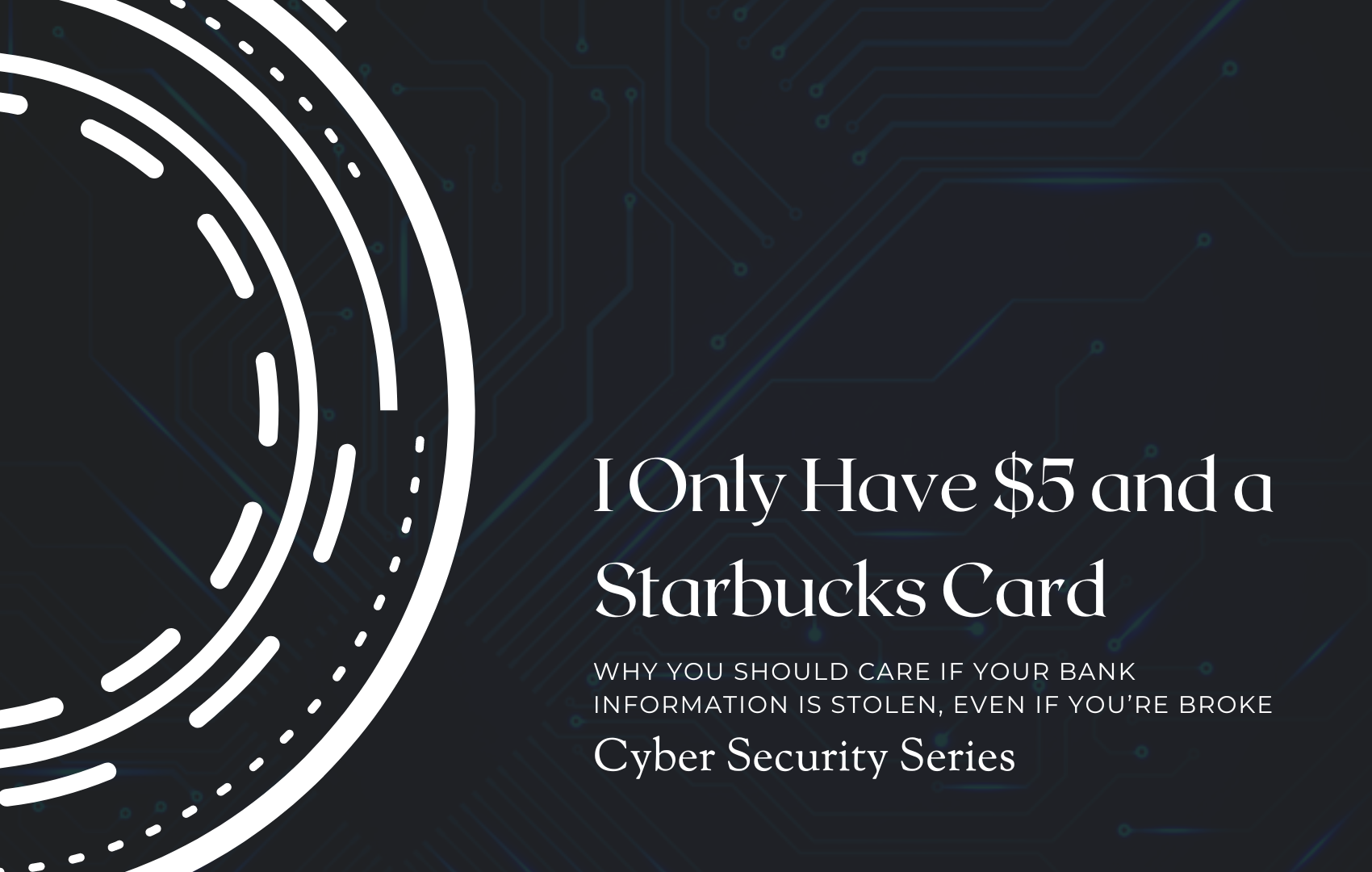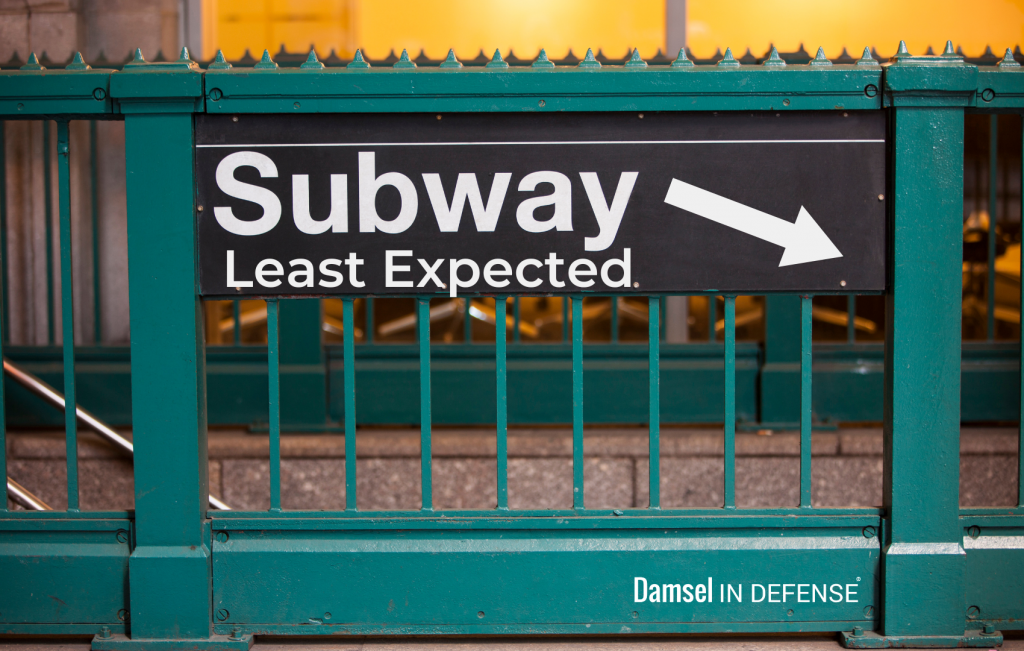
“Why would anyone want my personal information? I only have $5 to my name and a coffee punch card”. Believe it or not, you do not need to be of high status, social ranking, or someone of influence for the black market to want your information, including your banking account. In fact, per hatlab.org, around half of all undergraduates are also victims of cybercrime with many not reporting to authorities but instead turning to resolve the issue themselves or going to seemingly less authoritative figures for assistance. This includes reaching out to their banks to report fraudulent charges, companies directly to let them know of impersonators, or to their device’s programmer (for example, Apple or Dell) for further assistance. A study was also conducted on security and preventative measures taken by undergrad students prior to any attacks or breaches. An interesting insight was discovered when one Interviewee in particular stated that a specific brand never got viruses, so she would not need additional protection. This insight reveals that some undergraduates and people in general may not seek additional protection due to trusting in their brand of choice and the measures they set in place.
Unfortunately, many brands, as hard as they try, cannot always be trusted to protect their user’s data and information. A news story recently was released regarding a new Android malware that can steal money from your accounts and then wipe itself from your phone. The $5 you could have used toward that coffee? Gone in an instant and without a trace, along with all of the information needed for someone to assume your identity and commit further crimes in your name. The malware is also now adapting to be untraceable. Per our research, the malware most often disguises itself as an existing App on the Google Play Store and usually as an anti-virus protection App. While Google has swept through their store to try and catch the malware, this chase is not yet over and the threat of downloading malware on accident is still prominent.
Technology brands are not the only ones infiltrated by those trying to steal your information, however. Social Media users, whether that be Instagram, Facebook, Tik Tok, or others, may be at a high risk for information vulnerability and identity theft. Per the Smart Insights Digital Marketing research, 62.3% of the world’s population uses social media with a daily average of 2 hours and 23 minutes. In the United States alone, 72.5% of the population are on social media platforms with a staggering 88.6% of all adults on one or more platforms. Of those statistics, 85% of Instagram accounts and 25% of Facebook accounts were hacked in 2023 with 71% of them impersonating the user to contact friends and family. 4 out of every 10 people have been victims of social media fraud attacks adding up to around $2.7 billion in losses. This is more than any other method used, including emails, texts, and phone calls. Not only can a social media hack be a slight inconvenience, but it can mean that your identity is now sold on the black market to the highest bidder to use however they please.
Where do I even start with protection?
Cyber attacks are both easily preventable and difficult to fight against. The best way to fight against cyber attacks is to take some easy steps to secure your online privacy. We recommend first taking a moment to limit your social media platforms data collection by turning your accounts to private, turning on all privacy settings, and limiting the personal information you enter into the platform. After all, why would you want ill-intentioned people knowing you like to travel and may be away from your valuables for extended periods of time or that you are a mom of two with a deployed husband, which means you may be too distracted to notice a tracker on your car or that the same car has been tailing you for blocks while on a morning jog.
We also recommend using a private web browser and checking any banking or other important information prior to leaving the house. This will help prevent hacking via an unsecure, public Wi-Fi network. A VPN, or a Virtual Private Network, is also highly suggested in the event you need to check your information while out and about. A VPN works by securing your connection and data to prevent hackers from stealing your information at a restaurant, the mall, the theater, or a sports game. There are many great VPN options online and we highly recommend iDefend.
iDefend is an all-in-one protection plan for your digital footprint. They include a personal setup session to address any immediate concerns so you can feel at ease that your protection is set up correctly. Their U.S. based team of iDefend Advisors can help install, customize, and manage your protections for you so you do not have to worry about the $5 in your account. Learn more about our recommendation here: https://www.idefendhome.com/.
Interested in Personal Protection as well? Visit https://damselindefense.net/locator/ to find the nearest Damsel Safety Educator to you today!



